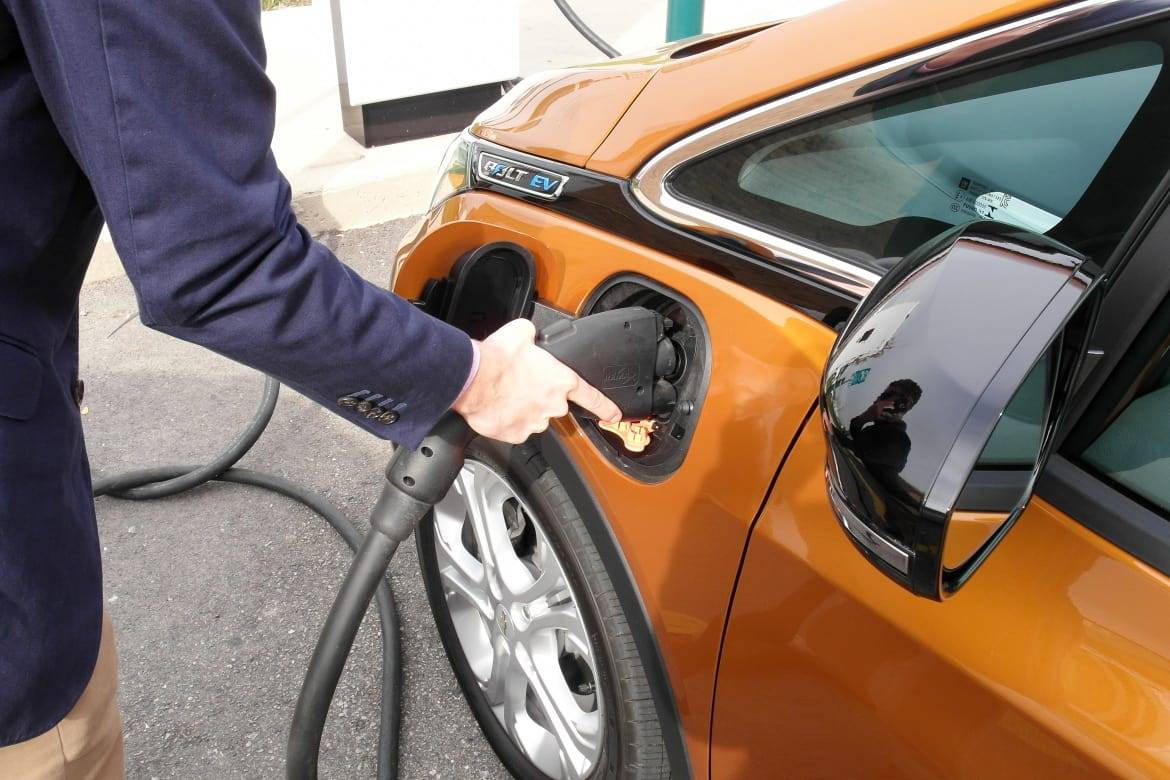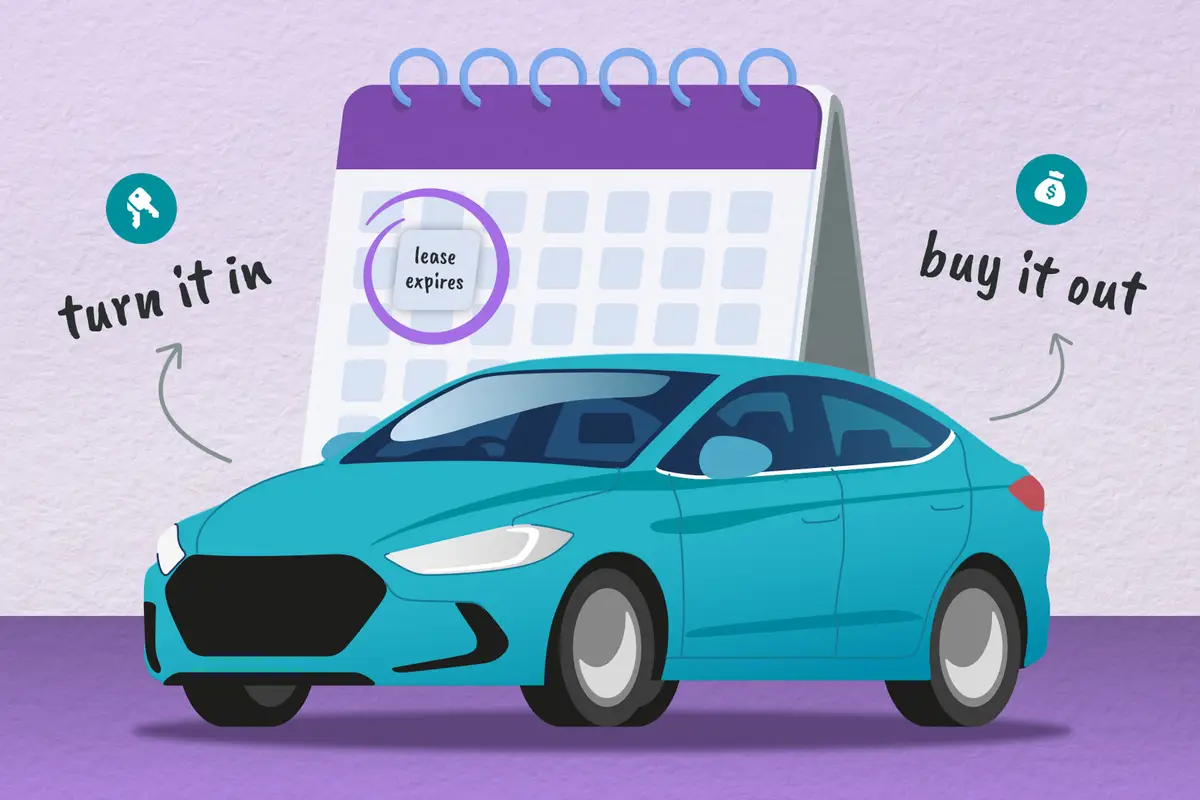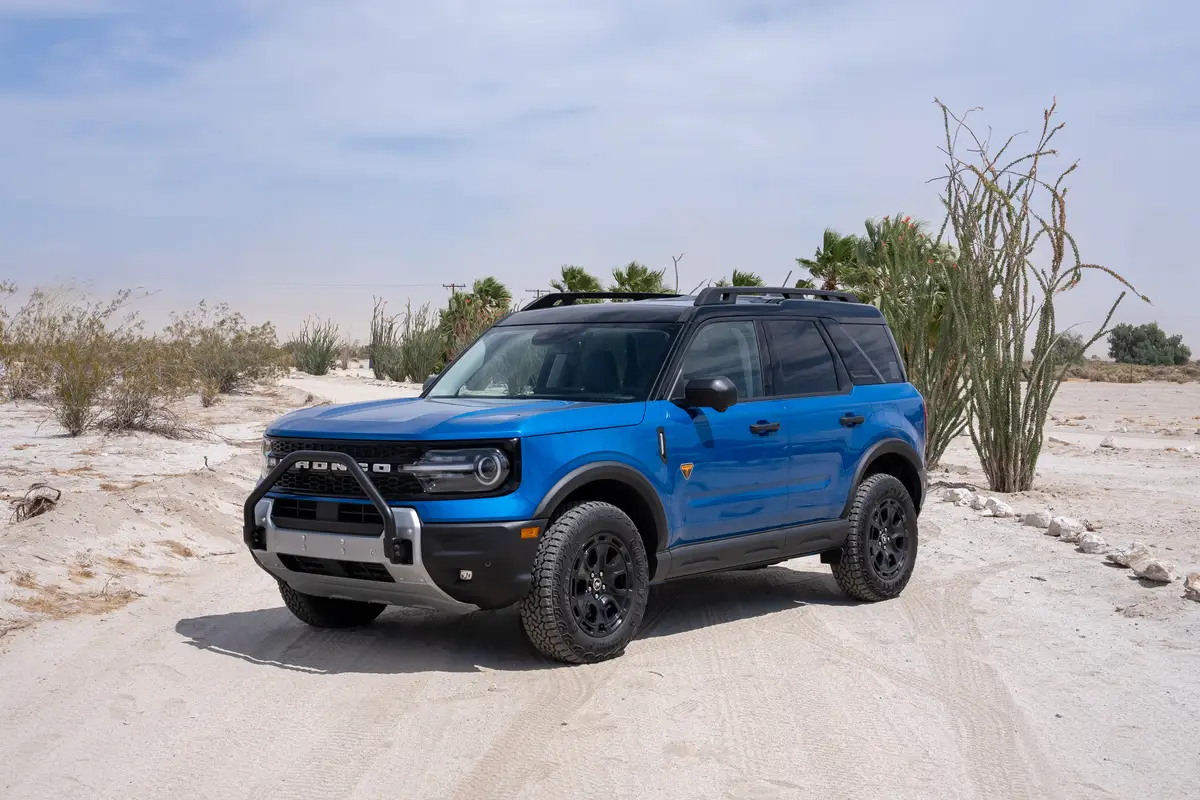Electric Cars Gain Popularity as Americans Run Low on Excuses


It would seem that the recent years on end of cheap gas in the U.S. had all but dashed hopes that Americans would embrace eco-friendly electric vehicles. Indeed, SUVs and pickup trucks have surged in sales amid the veritable fuel-pump free-for-all — hell, Ford just announced it’s going to kill off its sedan production altogether. But climate-change crusaders take heart: There is much evidence the current is shifting toward an electric future, and a lot of it is due to car buyers having fewer reasons not to choose an EV.
Related: Driving Smart Video: Save the Planet and Some Cash
The first clue is that the U.S. just came off a record year for EV sales, with 2017 up a reported 25 percent over the previous year. A contributing factor to that may well be rising gas prices: Just as the extended run of cheap fuel in the past few years emboldened SUV buyers to party like it’s 1995, that tide has turned decisively. Just last week, the cost of a gallon of regular gas rose 3 cents to $2.82 a gallon — while not the record-breaking $4-a-gallon average of a decade ago, it is reported to be the highest in nearly four years, with as much as a 10-cent-per-gallon spike anticipated by Memorial Day.
So the cheap-gas rationale for not going electric isn’t what it once was. Likewise, “range anxiety” — the No. 1 deterrent for Americans who fear running out of charge in an EV and not being able to find a charging station — is far less of an excuse than it used to be. With long-range electric driving once the exclusive domain of pricey Teslas, the Chevrolet Bolt EV essentially democratized the whole thing with its Tesla-rivaling 238-mile range and sub-$30,000 price after federal tax incentives. That’s in addition to more affordable models like the Volkswagen e-Golf, Hyundai Ioniq and Nissan Leaf, which offer 125 to 150 miles on a single charge.
The net effect? The percentage of Americans who are unlikely to purchase an EV due to their concerns about not being able to find a place to charge up has dipped 6 percent to 63 percent in the past year, according to a just-released AAA study. Similarly, the study showed, running out of a charge while driving was an obstacle for just 58 percent of survey respondents versus 68 percent a year earlier. Part of the explanation for the attitude shift is the exponential growth of charging stations in the U.S., which have gone from next to none a decade ago to 16,000 and counting currently.
“As popularity for electric vehicles grows, automakers will expand the electric vehicle portfolio even more, offering consumers a wide variety of choices,” AAA said in a statement. “This, combined with rising gas prices, easing of range anxiety and the lower long-term costs of ownership, leads AAA to believe the future for electric vehicles is fertile and will continue to grow.”
Here are five more indicators from the AAA survey — conducted over four days in March with more than 1,000 respondents — that consumer interest in electric vehicles is sparking:
1. Twenty percent of Americans (50 million people) are likely to buy an EV for their next car, up from 15 percent in 2017.
2. Three in 10 adults say they are likely to buy a hybrid vehicle the next time they are in the market, with that percentage remaining steady in the past year.
3. The higher cost of replacement for EV batteries deterred only 49 percent compared with 55 percent previously.
4. Less than half of millennials are concerned about running out of charge while driving compared with 66 percent of baby boomers and 64 percent of Gen Xers.
5. Concern for the environment remained the No. 1 reason for EV purchases, followed by lower long-term costs (67 percent), a desire for cutting-edge tech (54 percent) and access to carpool lanes (35 percent).
One area where consumer expectations and reality are failing to line up in particular, however, is acceptable charging times — a matter that will certainly have to be addressed if universal acceptance of EVs is to occur. More than two-thirds of Americans, AAA reported, find an acceptable charging time to be no more than 30 minutes, while many feel that a charging time of no more than 15 minutes is acceptable.
AAA noted that these expectations were the case “when in fact, if a Level 2 charger is available, it can take several hours to charge a fully depleted battery. If a normal 120-volt outlet is all that is available, an overnight charge may be required to get you back on the road.”
Cars.com’s Editorial department is your source for automotive news and reviews. In line with Cars.com’s long-standing ethics policy, editors and reviewers don’t accept gifts or free trips from automakers. The Editorial department is independent of Cars.com’s advertising, sales and sponsored content departments.

Former Assistant Managing Editor-News Matt Schmitz is a veteran Chicago journalist indulging his curiosity for all things auto while helping to inform car shoppers.
Featured stories




